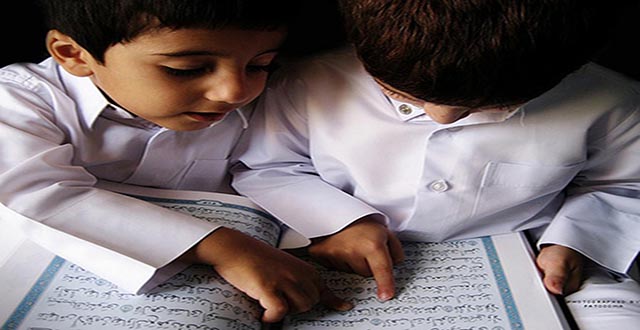
It seems unfair how easy it is to gain weight and how hard it is to lose it. All of us want to reach a standard of perfection when it comes to our body image: tanned, toned, and tiny. At the same time, we shouldn’t stress ourselves out about it too much! Not only should we remember that modesty is of our faith, but we also shouldn’t forget that stress is the silent killer. With that being said, here is what Islam gave us to solve the all-too-modern problem of weight gain…
1. RAMADAN: Ramadan is the perfect month to tune up our physical, mental, and spiritual health. The Prophet (SAW) said, “Fast the month of Ramadan so to heal your bodies from disease.” If, during this month, we eat only the pure and unprocessed foods that Allah has provided us with (such as fruits, vegetables, wheat, grain, and beans), we can be guaranteed weight loss. The Qur’an says, “They ask thee what is lawful to them as food. Say, ‘Lawful unto you are all things good and pure.’” (5:4) “And the earth we have spread out, and we have set firm mountains on it, and have made every kind of beautiful growth to grow on it.” (50:7) OF COURSE, OUR MAIN INTENTION FOR FASTING MUST BE DEVOTION TO ALLAH (SWT) – WEIGHT LOSS IS JUST ONE OF ITS POSITIVE RESULTS.
2. X OUT THE EXCESS: This speaks for itself. A good Muslim eats to live, not lives to eat. The Qur’an says,
“Eat and drink, but waste not by excess for God loves not the prodigals.” (7:31)
The Prophet (SAW) emphasized, “The stomach is the home of disease, and abstinence the head of every remedy. So make this your custom.” He (SAW) also warned, “No human ever filled a vessel worse than the stomach. Sufficient for any son of Adam are some morsels to keep his back straight. But if it must be, then one third for his food, one third for his drink, and one third for his breath.” Eat satisfying, but small, meals. The remaining food can be saved for later or donated to the poor. It’s important to remember that if you stuff yourself with food you not only run the risk of gaining weight, but become sluggish and tired. Also, as the Prophet (SAW) told us, the stomach is the home of disease, and the more unnecessary food you eat, the weaker your immune system may become.
3. EAT BREAKFAST:
Eating breakfast speeds up the metabolism of the body; it nourishes us early in the day so that we don’t eat meals late and then sleep on them. The Prophet (SAW) said, “Eat your meal at dawn, for there is blessing in the meal at dawn,” and “There is blessing in three things: the early morning meal, bread, and soup.”
4. DRINK SUFFICIENT WATER:
Not only does water aid in weight loss, but it also flushes toxins from the body and hydrates skin so that we glow! The Qur’an says,
“We made water essential for all life.” (21:30)
Instead of drinking unhealthy beverages like soda when you’re thirsty (which, incidentally, slows your metabolism and is a factor in tooth decay), try drinking more water. I personally do my best to have 8-10 glasses of water per day and it makes me feel great.
5. HAVE PATIENCE:
So many diets are ruined because people lose heart and go back to regular routine. The Qur’an says,
“Give glad tidings to those who exercise patience when struck with adversity and say, ‘Indeed, we belong to God, and to Him is our return.’ Such ones receive blessings and mercy from their Lord, and such are the guided ones.” (2:155)
The Prophet (SAW) said, “Tie your camel first, then trust in God.” It is crucial for us to “do our best and leave God to the rest”.
6-The five prescribed daily prayers
As well as their spiritual benefits, the five prescribed daily prayers also provide physical toning benefits to the body. And patience is often the greatest test we face when we decide to lose weight. However, the Qur’an says (2:155), “Give glad tidings to those who exercise patience when struck with adversity and say, ‘Indeed, we belong to God, and to Him is our return.’ Such ones receive blessings and mercy from their Lord, and such are the guided ones.”
7-Walk walk walk
Enjoy a good morning walk. Walk to work if you can. Have a little walk after every meal. Try to go the long way around to the shops or to and from home. Try to take a hilly street or when you’re walking in the park walk up a hill. Walk in the park after you wake up and walk as it is very good for a person to take in fresh air and be in natural surroundings as it is also a proven stress reliever. Take up walking as it is an amazing exercise and very easy to as you can do it at your own pace










